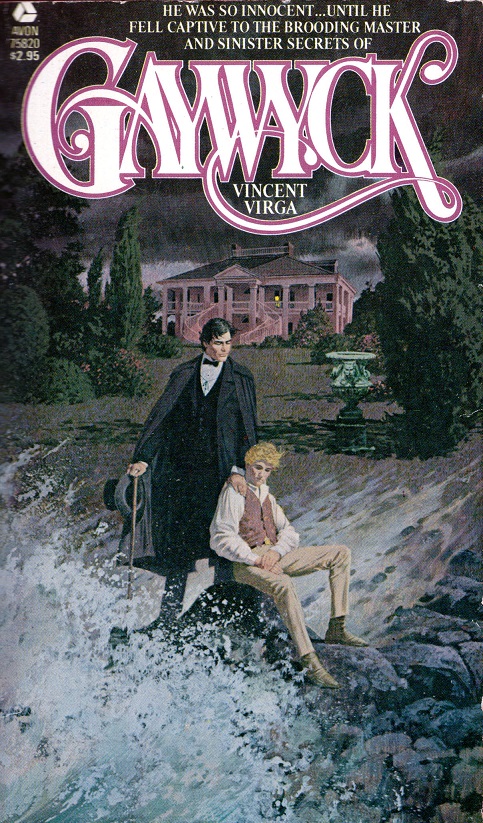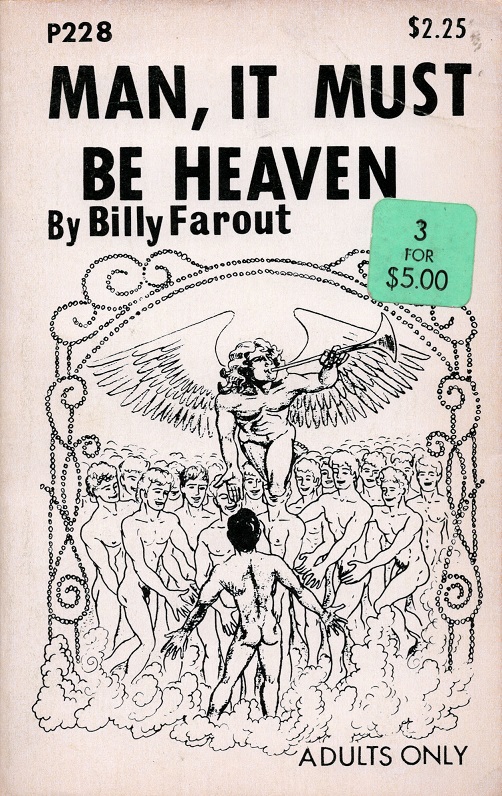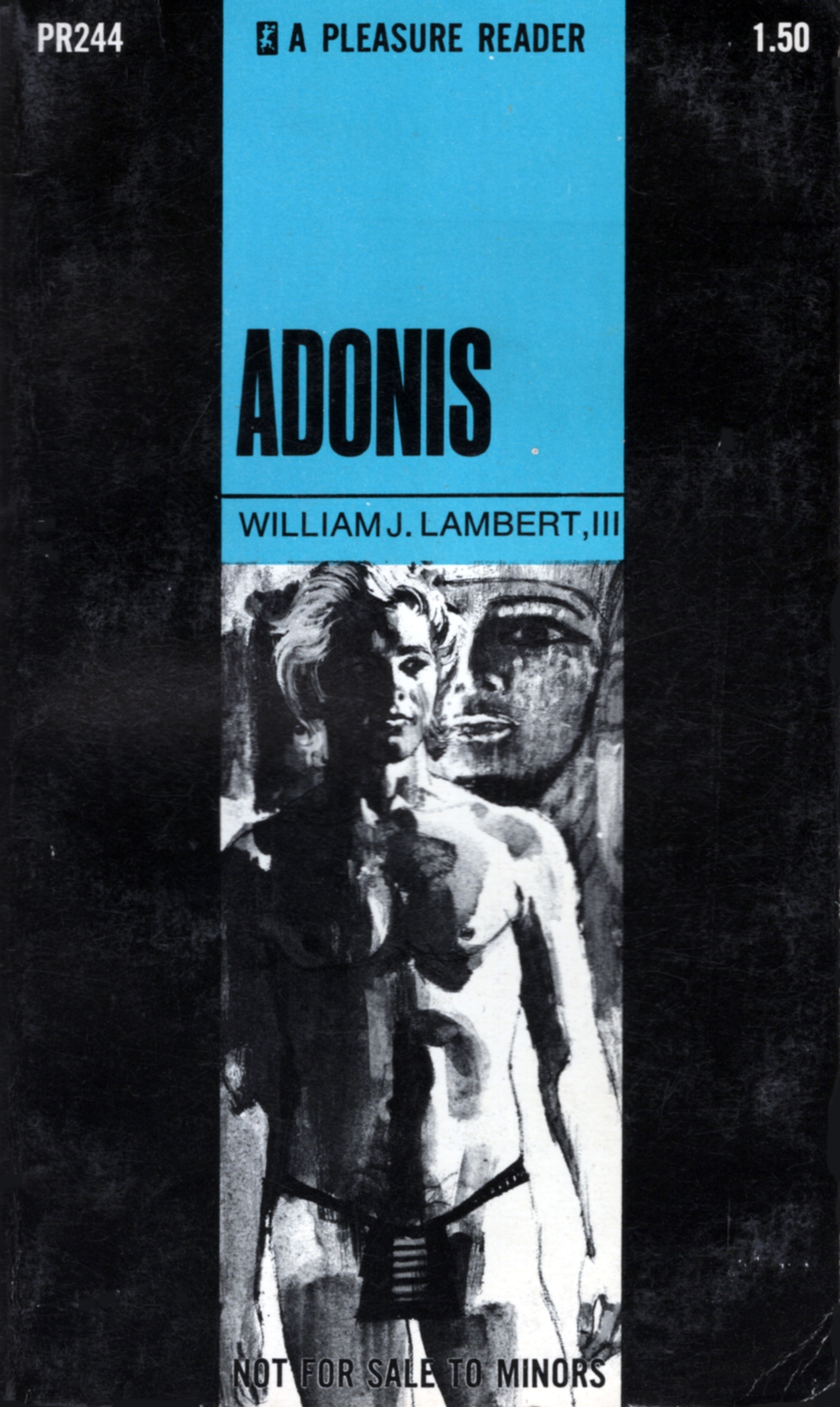
Gaywyck was a sensation when it appeared in 1980. Critics across the US and Canada heralded its excellent prose and landmark existence as the “first gay Gothic.” Though the peer-reviewed journal Gothic Studies recently debunked this claim, having unearthed an earlier (and better) Gothic novel with unambiguous queer characters from the Stonewall era, there are still these forty years where Gaywyck held onto the title.
More important than Gaywyck’s claim of being first, however, was its mainstream appeal. It was popular in the gay community, but also a favorite among women and straight men who enjoyed the genre. The first edition ran 45,000 copies and sold out quickly, as did the second printing of 55,000.
Read more “Vincent Virga – Gaywyck (1980)”

